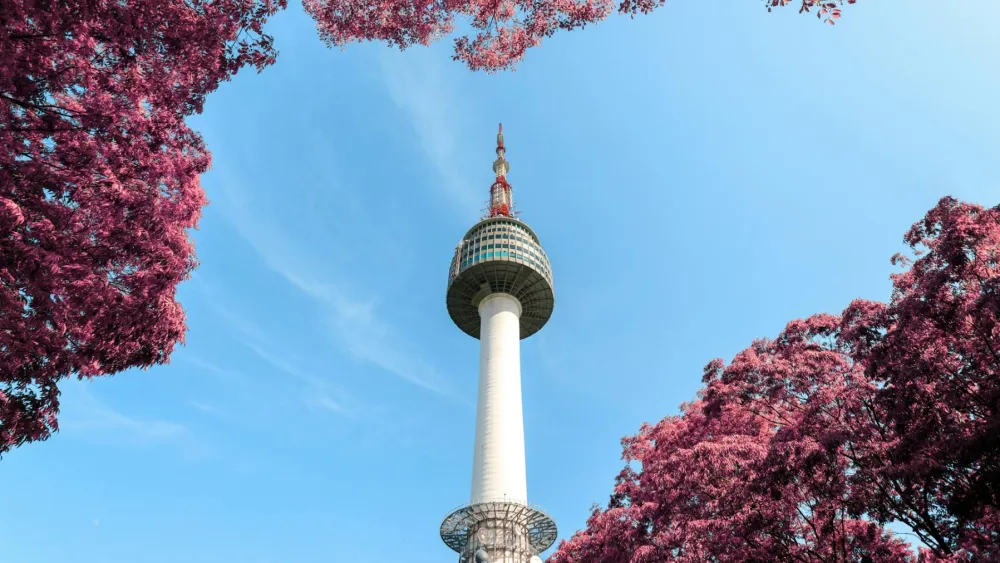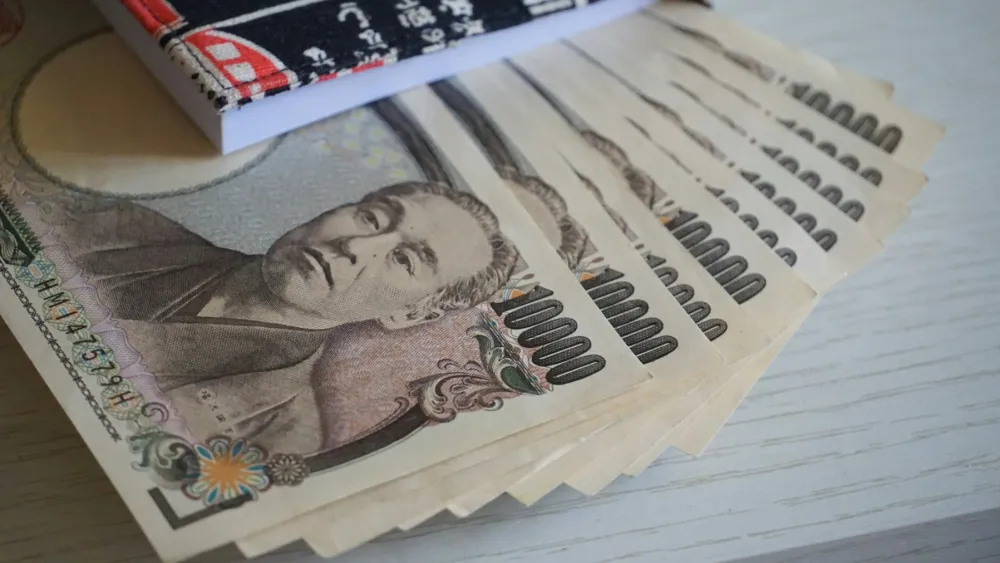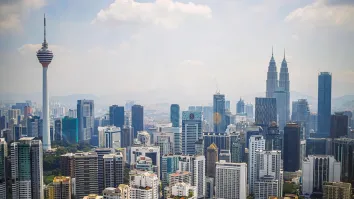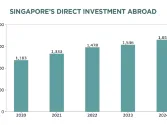
Weekly Global News Wrap: Bank of England scraps pandemic curbs on dividends; JPMorgan posts jump in Q2 earnings
And four global banks to launch a pilot platform on voluntary carbon credits.
From Reuters
The Bank of England has scrapped its remaining pandemic curbs on dividends paid by HSBC, Barclays, and other top lenders with immediate effect, saying its stress tests showed they could cope with the COVID-19 fallout on the economy.
Bank of England governor Andrew Bailey said Britain's rapid vaccination rollout had led to an improvement in the economic outlook, allowing the central bank to relax its controls on how much lenders can pay to shareholders.
"But risks to the recovery remain. Households and businesses are likely to need continuing support from the financial system as the economy recovers and the government's support measures unwind over the coming months," Bailey said in a statement.
From Reuters
JPMorgan Chase has reported a big jump in Q2 earnings as the bank gained from a surge in dealmaking and released more reserves it had set aside last year for potential pandemic-related loan defaults.
The bank's net income rose to $11.9b, or $3.78 per share, in the quarter ended June 30, from $4.7b, or $1.38 per share, a year earlier.
Analysts on average had expected earnings of $3.21 per share, according to Refinitiv.
From Reuters
Four global banks will launch a pilot platform next month for buying and selling voluntary carbon credits, the latest sign of growing interest from the financial community in the burgeoning carbon offset market.
Britain’s NatWest Group, Canada’s Canadian Imperial Bank of Commerce, Australia’s National Australia Bank, and Brazil’s Itaú Unibanco said their Project Carbon initiative would help create a more liquid market for carbon offsets and help clients to manage risks associated with climate costs.
A private sector task force on scaling up the voluntary carbon market said earlier this year the market will need to grow 15-fold to meet goals set under the Paris climate agreement and could be worth $5b to $50b by 2030.



















 Advertise
Advertise











